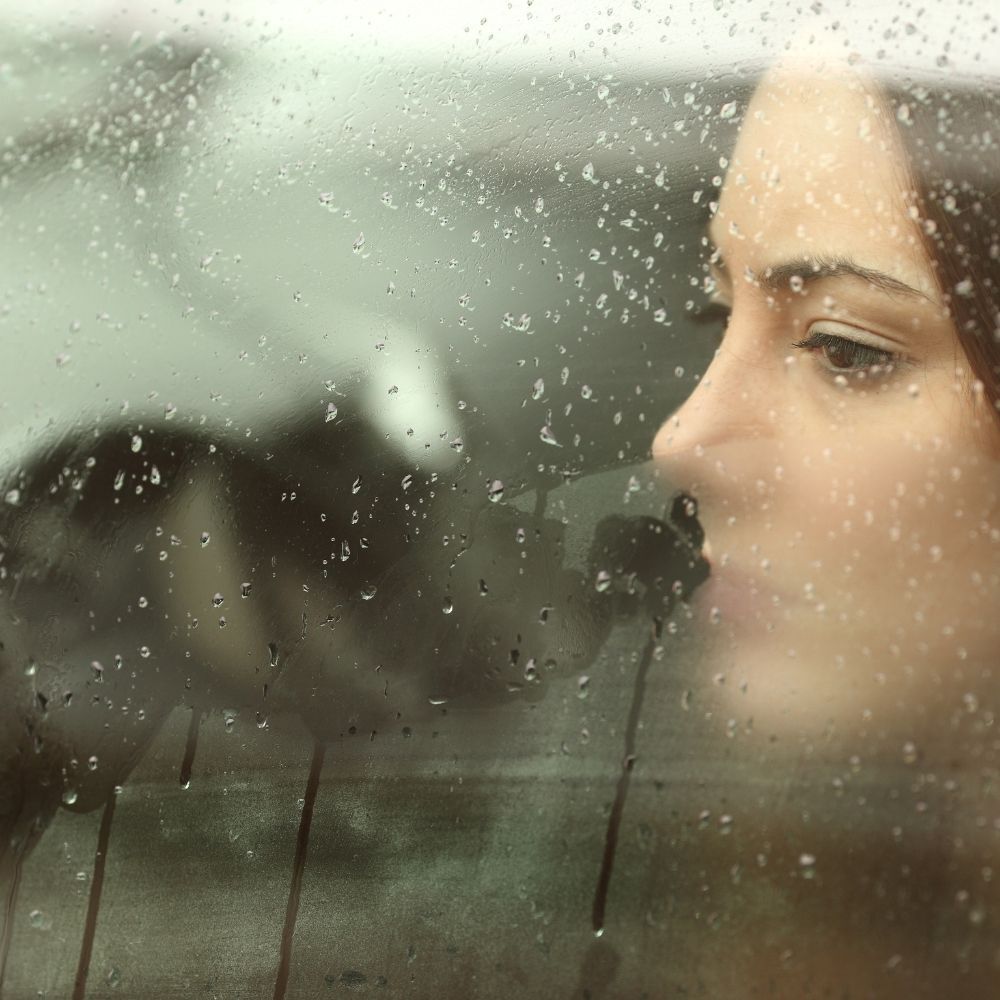What is the definition of thalassophobia?
Thalassophobia is a particular fear of water. It is not just a question of being afraid of water, but of the ocean and especially of the marine depths. Indeed, our planet is covered at 70.8% by the sea, and these waters still remain very unknown to man. It is therefore not surprising that some people have developed this irrational fear of the sea bed. After all, we don't fully know what may be lurking in the depths of the oceans 😱.
What are the symptoms of thalassophobia?
The symptoms of thalassophobia are similar to those of other phobias, and manifest themselves mainly as a fear of the sea. The symptoms are as follows;
- Physical symptoms: when people with thalassophobia are exposed to large bodies of water, they may experience mild dizziness, tachycardia, shortness of breath, sweating, muscle tension, tremors, dry mouth and difficulty thinking clearly.
- Loss of control: although patients are aware of the irrationality of their fears, they experience a great loss of control, alertness and a heightened sense of danger.
- Avoidance of water-related activities: people with thalassophobia may renounce certain water-related activities, such as immersing part of their body in open water, seeing the sea from a distance, boarding a boat or watching sea-related images.
- Feelings of anxiety: anxiety is one of the most obvious symptoms of thalassophobia. People with a fear of the sea often suffer panic attacks in situations where they are confronted with this fear.
- Desire to escape: people with thalassophobia may feel a strong aversion to being near the sea, and wish to flee any situation related to this environment.
What causes thalassophobia?
This phobia comes from a generalized, often picturesque, knowledge of the sea and what exists in the depths. The person who suffers from thalassophobia will have a great imagination and will think about the dangerous and terrifying animals that are in the water. It is a survival reflex to not go venturing into the water.
🧠 In addition, this fear is combined with a generalized anxiety disorder. When the individual is confronted with the source of their phobia, it leads to intense distress that can lead to a mental disorder. People suffering from thalassophobia will therefore avoid any type of situation where they might be confronted with water.
How can you overcome thalassophobia?
It is entirely possible to overcome thalassophobia, just like other irrational fears. To cure a fear of the deep sea, you need to see a mental health professional and seek therapy. It is a common disorder that specialists are used to treating. The psychologist will try to understand if there has been an emotional shock or other trauma related to the water. The goal is to decipher the origin of the phobia to better treat it.
👉 Cognitive and behavioral therapy, otherwise known as CBT, is suitable for treating such a phobia. Indeed, this therapy allows metamorphosing its negative perceptions into more positive ideas. Following this, the patient can be physically and progressively exposed to an aquatic universe. There are indeed courses taking place in swimming pools or in the ocean to gradually get rid of this fear.
Simple relaxation techniques that originally calm anxiety can be used. Abdominal breathing is also effective in calming anxiety that suddenly rises. To achieve this, you must breathe slowly and deeply with your stomach and not with your chest. This exercise is one of the solutions that will surely be proposed by the therapist. The best thing is to consult a psychologist to get rid of thalassophobia, in order to live more serenely.
📍 FAQ; What are some other water related phobias? 📍
There are many water-related phobias, not just thalassophobia. Here are a few of them:
- Aquaphobia or hydrophobia: this is the irrational fear of water in general and of any contact with it. Sufferers may avoid all contact with the liquid, even in a bathtub at home.
- Batophobia: in this case, the fear is generated by the sensation of depth and abyss, and can manifest itself in the ocean as well as in a lake, swimming pool or in places where there is no water, such as a long tunnel. The difference between thalassophobia and bathophobia is that the former is limited to the sea or ocean, while the latter can occur in other environments.
- Potamophobia: this is a little-known specific phobia, consisting of an irrational fear of rivers, springs, waterfalls and other watercourses.
- Cymophobia: closely related to thalassophobia and bathophobia, this is a fear of waves and undulating movements of the sea.
- Ablutophobia: the act that provokes fear in this case is the water used for daily personal hygiene. This is a rational fear which, like others, may have its origins in a personal trauma.
In many cases of phobia of the sea, ocean or any type of water, it's necessary to work on the root of the fear. In this sense, the help of a professional psychologist can be very useful.
Editor's opinion: Don't let your fears take control!Don't let your irrational fears take control, if this phobia handicaps you, prevents you from spending quality time with your family by the ocean, or limits you in your daily life, it is important to turn to a specialist in order to find solutions together. 💪 CBTs are particularly effective in overcoming thalassophobia, it would be a shame to deprive yourself of it! Don't wait to make an appointment with a psychologist.
🤗 Understand yourself, accept yourself, be happy... It's here and now! #BornToBeMe
|
Be sure to check out the following articles too;

















Did you like this article?
Want to know more 🤔 ?
Write directly to the authorLaurenHart !
Ask Lauren a question
Want to share your thoughts? Leave a comment